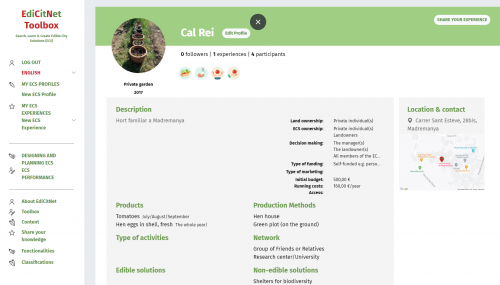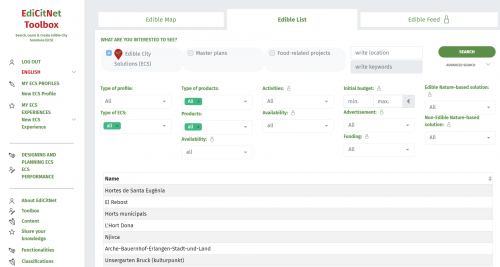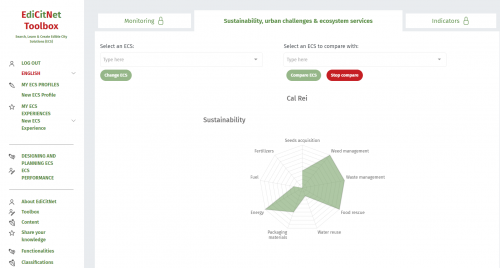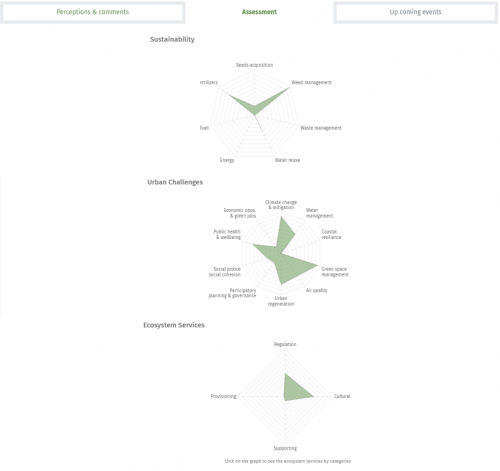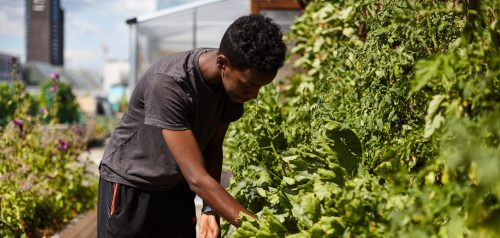EdiCitNet News from Brighton & Hove Food Partnership
Since 2006 Brighton & Hove has used a cross sector food strategy approach to take a systemic approach to achieving healthy, sustainable and fair food for all. The work is led by EdiCitNet partner Brighton & Hove Food Partnership (BHFP) an independent, politically neutral not-for-profit. More than 200 city-based organisations are partners in the strategy including schools, universities, community food projects and the city authority Brighton & Hove City Council.
In November 2020 Brighton & Hove became the first place in the UK to be awarded a Sustainable Food Place Gold Award.
The Food Partnership’s approach is to bring together businesses, grassroots community and voluntary groups, local authority departments and individuals across the city to work in partnership because together we can solve complex problems.
BHFP also worked with the City Council to sign the Glasgow Food and Climate Declaration, a global initiative that brings together local authorities to act on the climate emergency by committing to putting food at the heart of climate action plans. BHFP encourage frontrunner and follower cities to sign the Glasgow Declaration in advance of COP26 happening next year in Glasgow. More information here.

